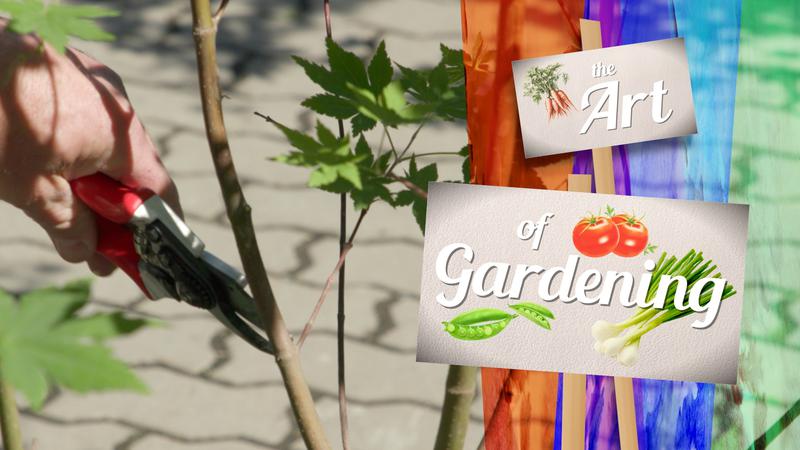
Métis Nation BC advocates for acknowledgment and education on residential school system impacts
TK’EMLUPS — Out of the recent discovery of more than 200 burial sites at the former Kamloops Indian Residential School grounds, B.C.’s Métis people are advocating for continued education about the school system. In particular, who attended these institutions, and how survivors and their families are still feeling the effects today.
(Please note: Some of the content in this story may be triggering to certain readers. Discretion is recommended.)
As surveying work continues on Tk’emlúps land, Métis Nation B.C. expects more unmarked graves will be revealed at other sites around Canada – with some belonging to Métis children.



